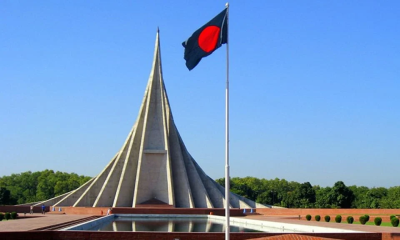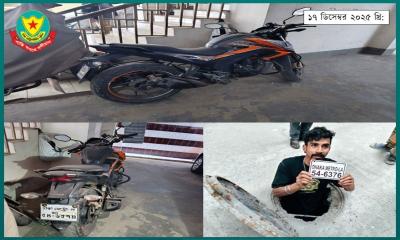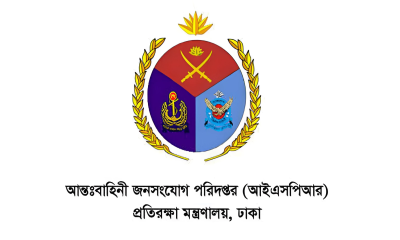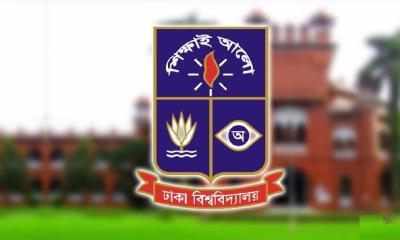January 23 is the birth anniversary of Netaji Subhas Chandra Bose, observed as Parakram Diwas. On Monday, President Droupadi Murmu and Prime Minister Narendra Modi led the nation in paying tributes to the freedom fighter and revolutionary leader.
Netaji’s slogans of ‘Jai Hind’, ‘Give me blood and I will give you freedom’, ‘Chalo Dilli’, ‘Itmad (Faith), Ittefaq (Unity) and Kurbani (Sacrifice)’ are well-known. But did you know he was the person to first address Mahatma Gandhi as the Father of the Nation?
Bose and Gandhi
Much has been said about the relationship between Gandhi and Bose, and their often public differences of opinion. A major flashpoint between the two leaders was when Bose had to step down as Congress president in 1939 in face of Gandhi’s strong opposition to him occupying the post. Yet, that Bose continued to carry the strongest respect for Gandhi is evident in the condolence message he sent after the death of Kasturba Gandhi, over the Azad Hind Radio on June 4, 1944.
The website of the Gandhi Sevagram Ashram (which was founded by Gandhi in 1936), says, “Ba and Bapu had been interned at Aga Khan Palace, Pune in the wake of the Quit India Movement. It was while serving the prison term Kasturba passed away on 22 February, 1944. Concerned about Gandhiji, Netaji sent the following message to the Mahatma on Azad Hind Radio, Rangoon on 4th June, 1944. “…Nobody would be more happy than ourselves if by any chance our countrymen at home should succeed in liberating themselves through their own efforts or by any chance, the British Government accepts your `Quit India’ resolution and gives effect to it. We are, however proceeding on the assumption that neither of the above is possible and that a struggle is inevitable. Father of our Nation in this holy war for India’s liberation, we ask for your blessings and good wishes”.”
When Bose took over the Indian National Army (INA), he constituted four regiments, three of which were named after Gandhi, Jawahar Lal Nehru and Maulana Azad.
What happened in 1939?
As reported in The Indian Express earlier, historian Satadru Sen has said about the ideological divide between Gandhi and Bose that while “Gandhi was willing to wait a long time for Independence, Bose wanted immediate action, if not immediate results. Gandhi was anti-materialistic and hostile to modern technology, Bose saw technology and mass production as essential to survival and dignity. Gandhi wanted a decentralised society and disliked the modern state; Bose wanted a strong central government and saw the modern state as the only solution to India’s problems. And finally, Bose did not share Gandhi’s dedication to non-violence.”
In 1938, Bose was elected the president of the Congress. In 1939, he wanted to contest again, despite the opposition of Gandhi, Nehru and Sardar Vallabhbhai Patel. An election ensued, and Bose defeated Pattabhi Sitaramayya, the Gandhi-backed candidate, by around 200 votes. Gandhi saw this as a personal defeat.
In a statement he wrote: “I must confess that from the very beginning I was decidedly against his re-election for reasons which I need not go into. I do not subscribe to the facts or the arguments in his manifestos. I think that his references to his colleagues were unjustified and unworthy. Nevertheless, I am glad of his victory. And since I was instrumental in inducing Dr. Pattabhi not to withdraw his name as a candidate when Maulana Saheb withdrew, the defeat is more mine than his.”
Bose was unhappy that Gandhi had chosen to see his election as a personal setback. Eventually, with the Gandhi-Patel-Nehru faction unwilling to compromise, Bose stepped down as president.
What Indira Gandhi said about Bose
When the relics of Netaji arrived in Delhi on December 17, 1967, Indira Gandhi, speaking on the occasion, talked about the differences Bose had with Congress, but asserted that “Netaji was truly a symbol of India’s bravery”.
“Netaji was truly a symbol of India’s bravery.I still remember how thrilled we used to get as children by just looking into his fiery eyes. It was this fire, this patriotic fervour in him that led him to create the Indian National Army which brought many brave fighters for freedom, men and women alike, together, and which gave, a new impetus to our struggle for independence.The struggle for India’s independence was a long struggle; it was sustained by the sacrifices of millions of Indians. Among those who sacrificed their all in this struggle, the name of Netaji Subhas Chandra Bose takes a high place. He will always retain a place of affection and honour in every Indian heart,” Indira said.
In the same speech, she added, “His restless and dynamic spirit led him to a path that was somewhat different from our own. Gandhiji used to say that the only wrong path is the path of cowardice. The path of courage can never be wrong. Netaji’s was a path of courage, and it did bring the goal of independence nearer.Bankim Chandra gave us Bande Mataram, which became the marching song of the freedom struggle. On becoming free, we adopted Rabindranath Tagore’s Jana Gana Mana as the national anthem. But today our biggest national slogan is Jai Hind. This slogan can be heard from NEFA, Nagaland and Kashmir in the north right down to the deep south. This slogan was given to us by Netaji. It reminds us of him, and also of the ideals which he placed before us.”
Story taken from Indian Express




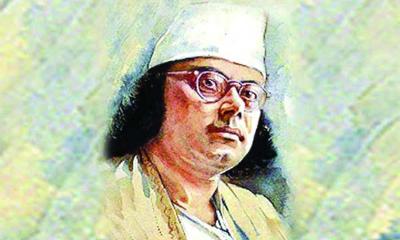
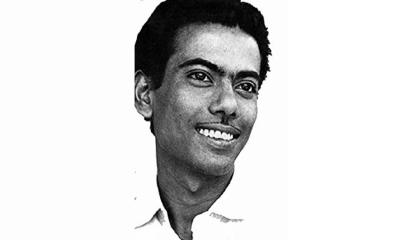
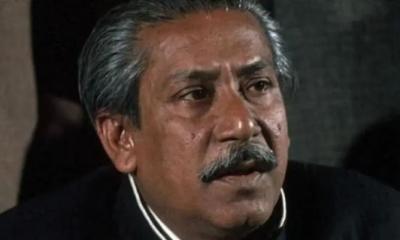
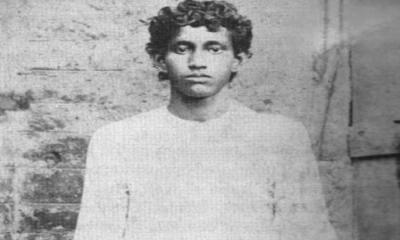
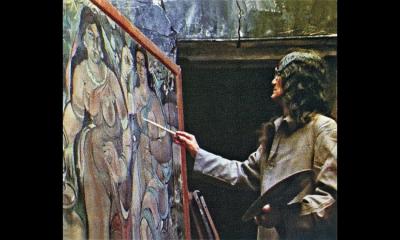

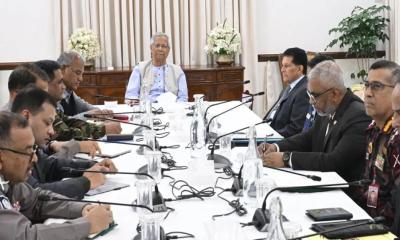
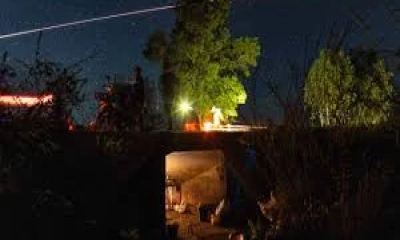

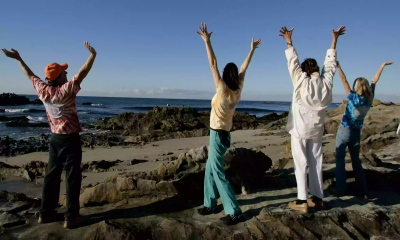
-20251222051606.jpeg)
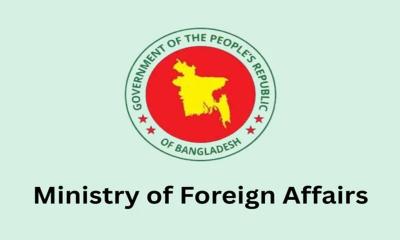
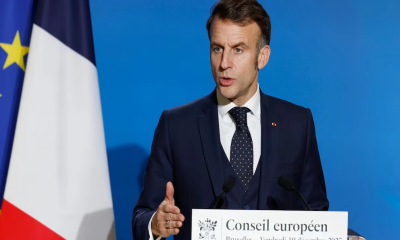
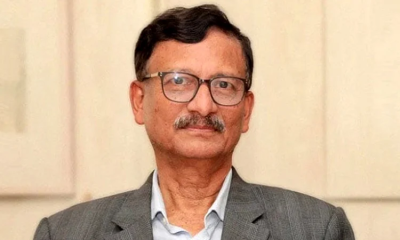


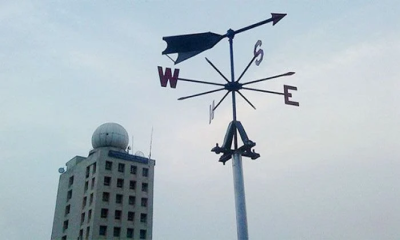
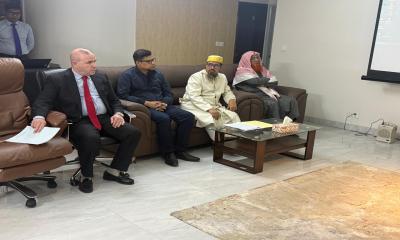

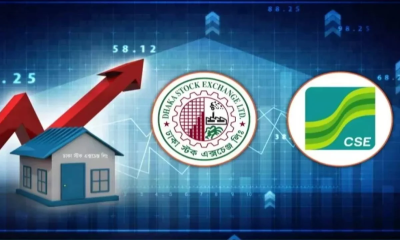

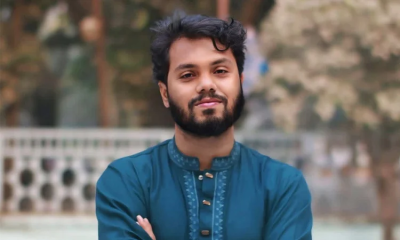
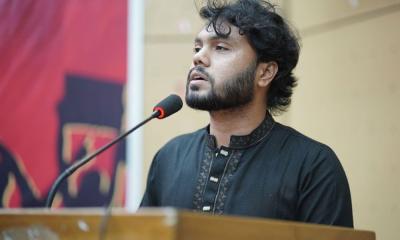
-20251218165258.jpeg)

-20251216090625.jpeg)
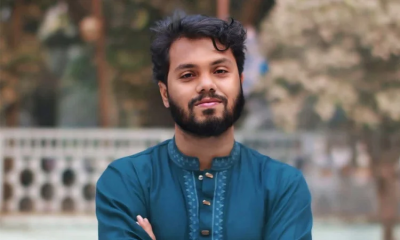


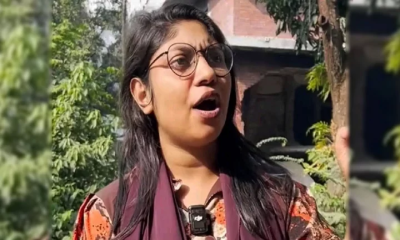
-20251216054240.jpeg)
